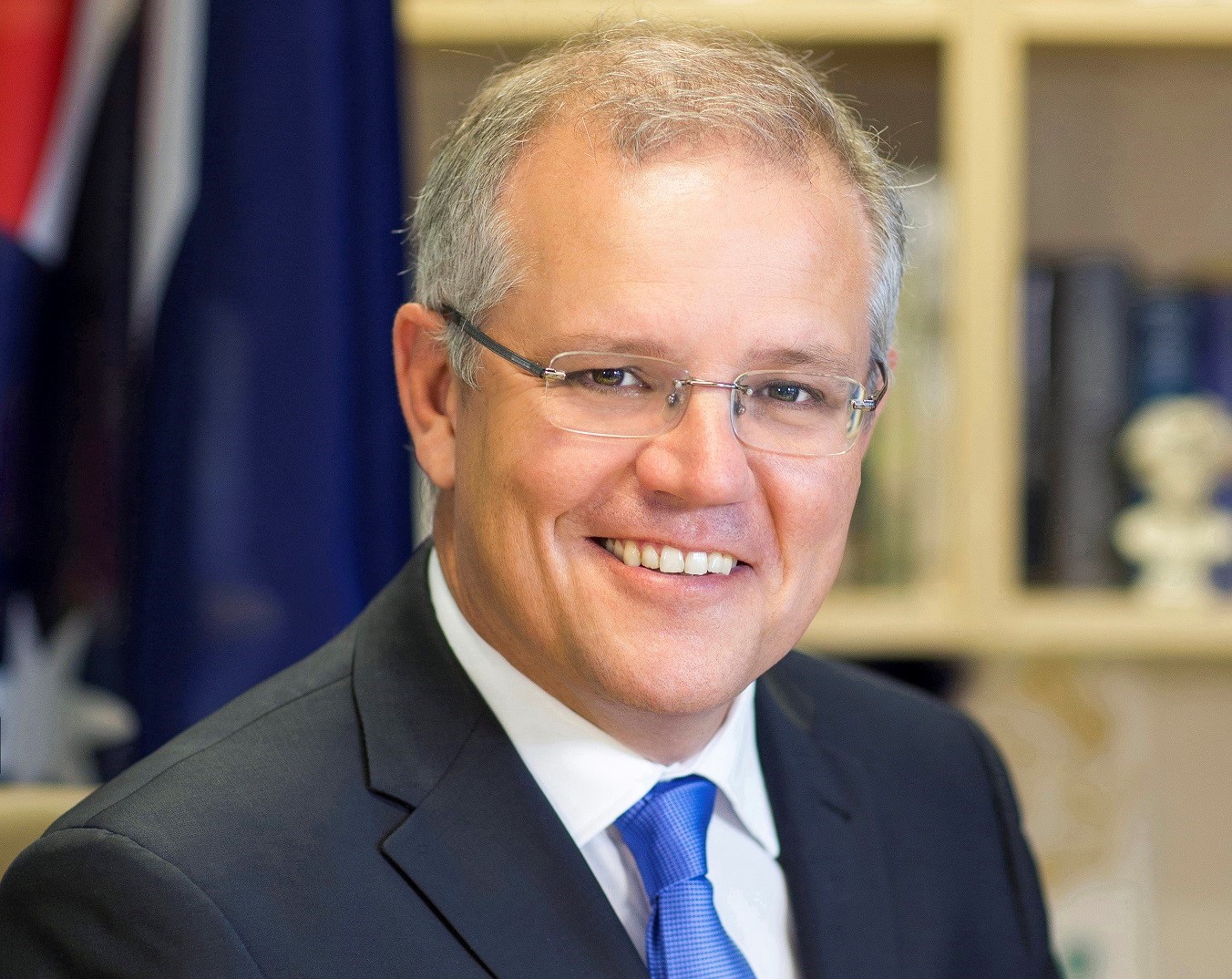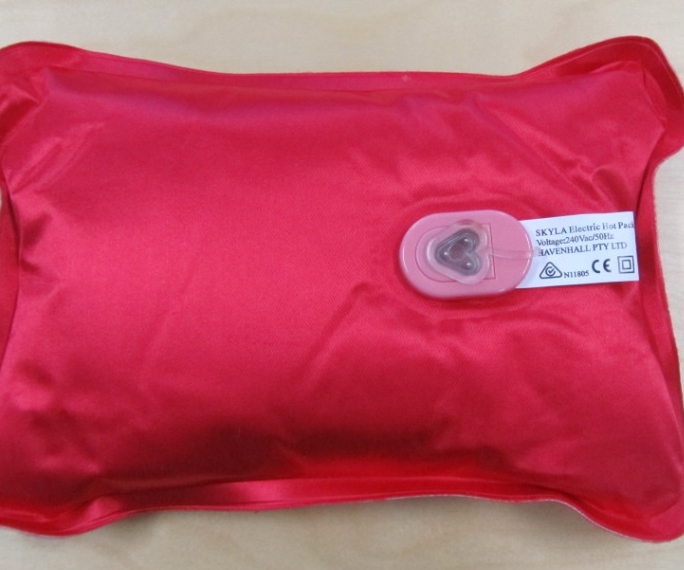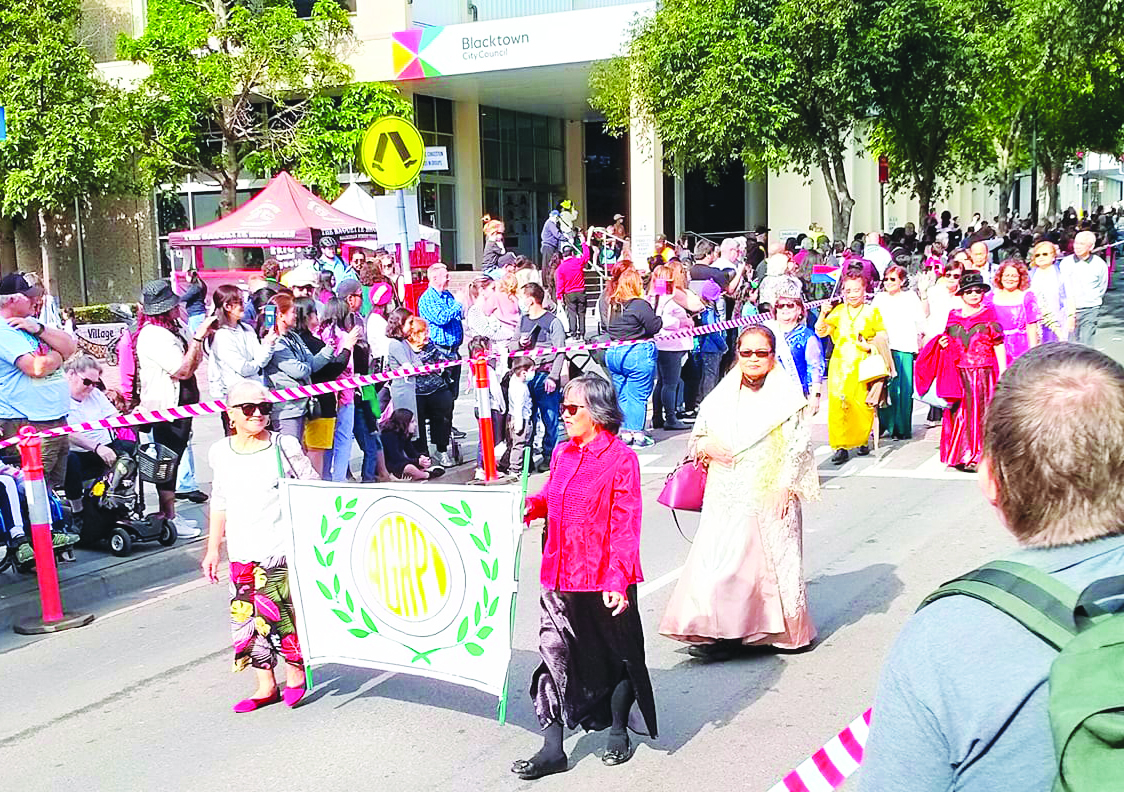Cheaper medicine is on the way for more than 500,000 patients from October 1, with price reductions for common scripts and new medicines added to the Pharmaceutical Benefits Scheme (PBS), in some cases saving over $100,000 per patient.
Medicines to treat lung cancer, lymphoblastic and acute leukaemia, and nausea associated with chemotherapy will now be available to patients on the PBS from tomorrow for just $40.30 per script, or $6.50 with a concession card.
A further $390 million in mandated price reductions across 175 medicine brands will also flow through to patients from tomorrow, making medicines more affordable.
Prime Minister Scott Morrison said the Coalition would continue to list medicine on the PBS as quickly as possible.
“Our strong budget management means we can give Australian patients with access to life-saving and life-changing medicines quicker than ever before, without raising taxes,” the Prime Minister said.
“This stands in stark contrast to Labor whose failed budget management drove the budget into deep deficit, forcing them to stop listing lifesaving and life changing medicines.”
“From tomorrow, some of our most unwell Australians, many battling cancer, will receive a significant boost in the fight for their health.”The new or extending PBS listings from tomorrow include:
- Tecentriq® and Avastin®, will be extended on the PBS to include first line treatment of patients with stage IV metastatic non-squamous non-small cell lung cancer. Without PBS subsidy it would cost patients more than $11,400 per script (around 16 scripts per course of treatment); or more than $189,100 per course of treatment. An average of 755 patients per year (for six years) could benefit from this listing.
- Besponsa®, will be extended on the PBS to include patients with relapsed or refractory Philadelphia chromosome positive (B-CELL precursor acute lymphoblastic leukaemia). Without PBS subsidy, patients would pay more than $44,500 per script (around 3 scripts per course of treatment); or more than $122,900 per course of treatment without subsidised access through the PBS. An average of 16 patients per year (for six years) could benefit from this listing.
- Blincyto®, will be extended on the PBS to include patients with relapsed or refractory Philadelphia chromosome positive (B-CELL precursor acute lymphoblastic leukaemia). Without PBS subsidy, patients would pay more than more than $74,900 per script (around 2 scripts per course of treatment); or more than $122,900 per course of treatment. An average of 16 patients per year (for six years) could benefit from this listing.
- Apotex®, will be made available through the PBS for the treatment of patients with Nausea and vomiting associated with chemotherapy. Without PBS subsidy, patients would pay more than $80 per script (around 1 script per course of treatment). In 2018, 7,269 patients accessed a comparable treatment for this condition.
Minister for Health Greg Hunt said every six months, prices on a range of PBS medicines are also reduced as a result of the Government’s Price Disclosure Policy.
“With these price reductions, a trip to the pharmacist will be cheaper for thousands of Australians, and more life-saving drugs can be listed on the PBS,” Minister Hunt said.










Leave a Reply